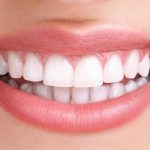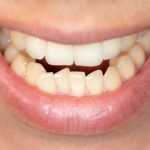Why Gums Bleed While Brushing: Causes and Tips for Prevention
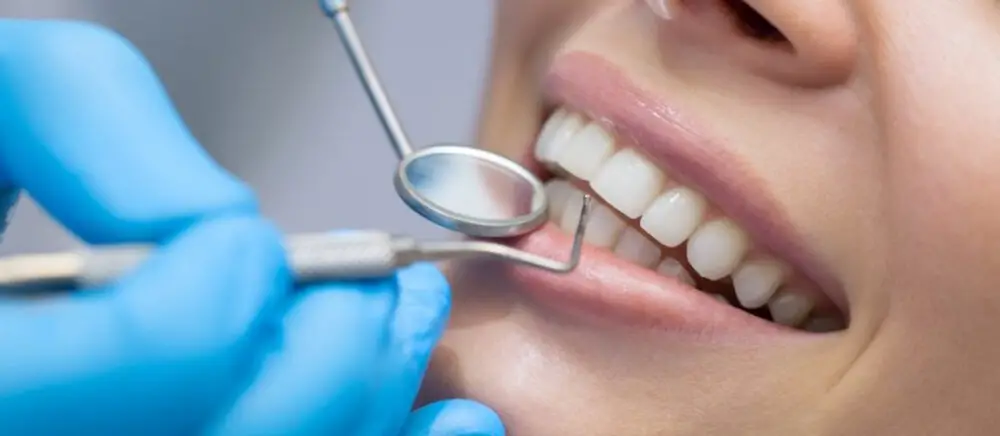
Gums bleeding while brushing is a common dental problem affecting people of all ages. Brushing is essential to maintain good oral hygiene, but when your gums start to bleed, it can be an alarming and uncomfortable experience. Bleeding gums are usually caused by poor oral hygiene, but there are several other reasons that can contribute to this problem. Understanding the causes and taking preventive measures can help you maintain healthy gums and prevent further complications. One of the primary reasons for bleeding gums is the accumulation of plaque and tartar on teeth. If left untreated, plaque and tartar can irritate the gums, causing them to become inflamed and bleed during brushing. Other factors that contribute to bleeding gums include hormonal changes, vitamin deficiencies, gum disease, and certain medications. Fortunately, there are several steps you can take to prevent bleeding gums and maintain good oral health. By adopting healthy oral hygiene practices and making lifestyle changes, you can keep your gums healthy and prevent dental problems.
Maintaining proper oral hygiene is crucial in preventing various dental problems such as cavities, gum diseases, and bad breath. Brushing your teeth twice a day, flossing regularly, and using mouthwash are some of the essential steps to ensure good oral health. Bleeding gums during brushing is a common problem that people often ignore. However, bleeding gums can be an early sign of gum disease, which can lead to tooth loss if not treated timely. The prevalence of bleeding gums while brushing is high, with studies showing that more than 50% of the population experience it. Therefore, it is essential to take bleeding gums seriously and consult a dentist if the problem persists. In addition, incorporating a healthy diet and avoiding tobacco products can also help maintain good oral hygiene.
Causes of Bleeding Gums
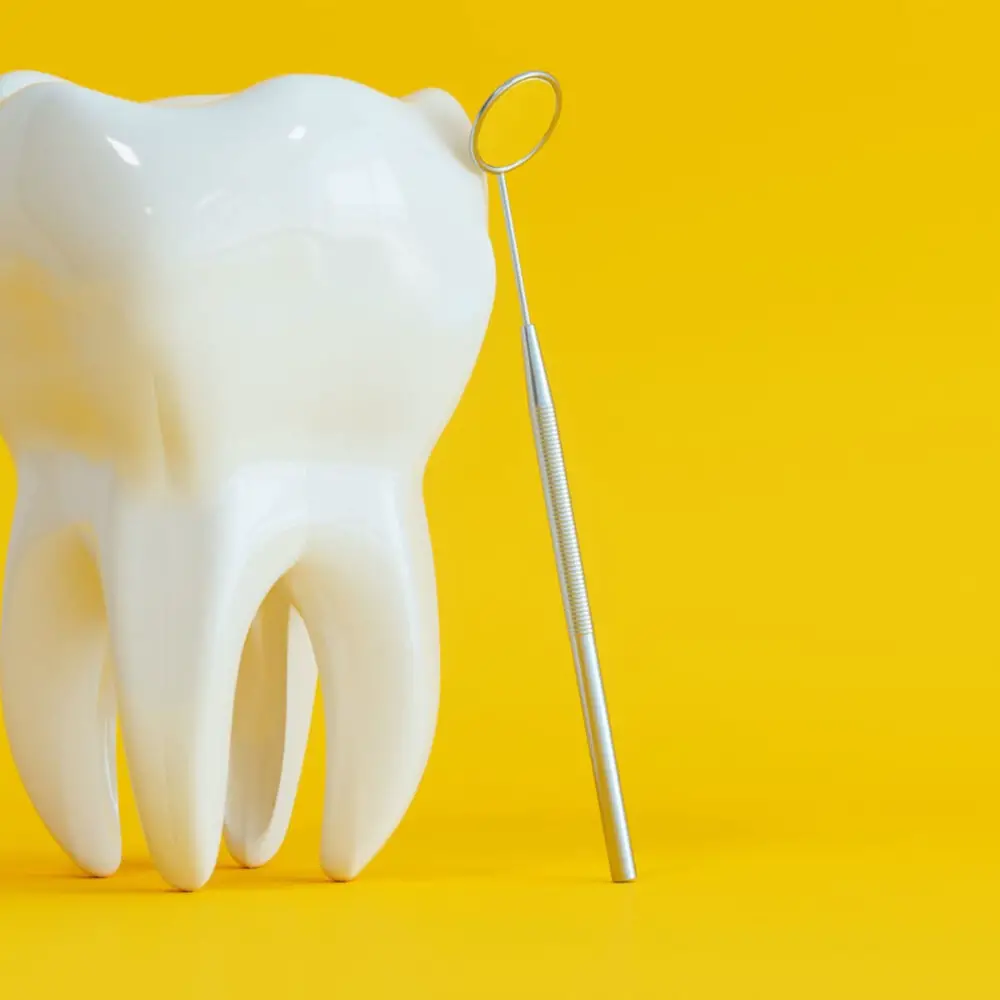
Bleeding gums can be alarming, and the causes are often a result of poor oral hygiene. When plaque and bacteria build up on teeth and gums, they can cause inflammation and irritation, leading to bleeding gums. Gingivitis, a mild form of gum disease, is a common cause of bleeding gums. Other causes can include vitamin deficiencies, hormonal changes, medications, and illnesses such as leukemia and diabetes. Brushing too hard or using a toothbrush with hard bristles can also lead to bleeding gums. Prevention is key when it comes to bleeding gums. Proper oral hygiene is a must, and this includes brushing twice a day and flossing daily. It is essential to use a soft-bristled brush and to be gentle when brushing. A healthy diet that is rich in vitamin C and calcium can also help prevent bleeding gums. Regular dental check-ups and professional cleanings can help catch and treat any potential issues before they become a bigger problem. If you experience bleeding gums, it is essential to seek advice from a dental professional to identify the underlying cause and develop an appropriate treatment plan.
Plaque buildup is a common cause of bleeding gums while brushing. Plaque is a sticky, colorless film of bacteria that forms on teeth and gums. When not removed through regular brushing and flossing, plaque can harden into tartar, which can only be removed by a dental professional. Plaque buildup can lead to inflammation of the gums, known as gingivitis, which can cause bleeding, swelling, and tenderness. If left untreated, gingivitis can progress to periodontitis, a more severe form of gum disease that can cause tooth loss. Regular dental cleanings, proper brushing and flossing techniques, and a healthy diet can help prevent plaque buildup and maintain healthy gums.
Gingivitis is a common gum disease that occurs due to the build-up of plaque on teeth. Plaque is caused by bacteria and can lead to inflammation and bleeding of the gums. Poor oral hygiene, hormonal changes, and certain medications can increase the risk of developing gingivitis. Symptoms of gingivitis include red and swollen gums, bad breath, and bleeding while brushing or flossing. Fortunately, gingivitis can be treated through proper oral hygiene practices such as brushing twice a day, flossing daily, and visiting the dentist regularly. In severe cases, a dental professional may recommend deep cleaning or medication. It’s important to take care of your oral health to prevent gingivitis and other gum diseases.
Although not directly related to brushing, pregnancy can cause a woman’s gums to bleed more easily. This is due to hormonal changes that increase blood flow to the gums and make them more sensitive to irritants like plaque. Additionally, as the baby grows, it can put pressure on the gums and teeth, exacerbating the issue. To prevent gum bleeding during pregnancy, it is important for expectant mothers to maintain good oral hygiene habits, including regular brushing and flossing, and to visit their dentist for check-ups and cleanings.
In some cases, medications can also contribute to gum bleeding. Certain medications such as blood thinners, aspirin, and some antidepressants can affect the clotting ability of blood, leading to bleeding gums. It’s important to inform your dentist or physician about any medications you are taking to ensure they are aware of any potential side effects. They may also be able to recommend alternative medications or adjust your dosage to minimize the risk of gum bleeding. Additionally, some medications can cause dry mouth, which can also increase the risk of gum bleeding. In these cases, it may be helpful to drink more water or use a mouthwash designed for dry mouth to help keep your gums hydrated.
Improper brushing techniques are one of the leading causes of bleeding gums. Brushing too hard or using a toothbrush with hard bristles can cause damage to the delicate gum tissue, leading to bleeding. Additionally, neglecting to brush regularly or for the recommended two minutes can cause plaque and bacteria to build up, further irritating the gums. It is important to use a soft-bristled toothbrush and gentle circular motions when brushing to avoid causing damage to the gums. Regular brushing and flossing, along with routine dental check-ups, can help prevent bleeding gums and maintain good oral health.
Tips for Prevention

Preventing bleeding gums starts with proper dental hygiene. Brushing twice a day for two minutes, flossing daily, and using a mouthwash can help remove plaque and bacteria that cause gum disease. A soft-bristled toothbrush is recommended to avoid irritating the gums. Also, avoid using a toothbrush with hard bristles or brushing too hard, as this can cause damage to the gums and lead to bleeding. In addition, it is important to replace your toothbrush every three to four months or sooner if the bristles are frayed. A healthy diet is also essential for preventing bleeding gums. Foods rich in vitamin C, such as citrus fruits and leafy greens, can help strengthen the gums and prevent gum disease. Calcium and vitamin D are also important for healthy teeth and gums, so be sure to include dairy products, nuts, and leafy greens in your diet. Finally, quitting smoking is crucial for good oral health. Smoking weakens the immune system and damages the gums, making them more susceptible to infection. By following these tips for prevention, you can help keep your gums healthy and prevent bleeding while brushing.
Brushing twice a day is an essential part of maintaining good oral hygiene. However, some people may experience bleeding gums while brushing. This can be due to a variety of reasons, such as aggressive brushing, gum disease, or vitamin deficiencies. To prevent bleeding gums, it is important to use a soft-bristled toothbrush and brush gently in circular motions. Additionally, flossing regularly and using an antiseptic mouthwash can help prevent gum disease. It is also important to maintain a healthy diet rich in vitamins and minerals, such as vitamin C, which can help strengthen the gums. By taking these steps, you can prevent bleeding gums and maintain a healthy mouth.
Flossing daily is an essential part of maintaining good oral hygiene and preventing gum bleeding while brushing. Flossing helps to remove plaque and food particles from between the teeth and along the gum line, areas where brushing alone cannot reach. It also stimulates the gums and promotes blood circulation, which can help to strengthen the gum tissue and reduce the risk of bleeding. In addition to regular brushing and flossing, it is important to maintain a balanced diet and avoid smoking, as these factors can contribute to gum disease and bleeding. By making flossing a daily habit, you can improve your overall oral health and prevent the discomfort and embarrassment of bleeding gums.
Using a soft-bristled toothbrush is an effective way to prevent gums from bleeding while brushing. The gentle bristles of a soft brush are less likely to cause irritation or damage to the delicate gum tissue. Hard or medium bristled brushes can be too abrasive and cause the gums to bleed or recede over time. In addition to a soft brush, it is important to use a gentle brushing technique and not apply too much pressure when brushing. Regular dental check-ups and cleanings can also help prevent gum disease and bleeding gums. By taking these preventative measures, individuals can maintain healthy gums and prevent bleeding while brushing.
Regularly replacing your toothbrush is an essential step towards maintaining good oral hygiene. Over time, the bristles on your toothbrush can become frayed and worn, making it less effective in removing plaque and debris from your teeth and gums. In addition, old toothbrushes can harbor harmful bacteria that can lead to infections and other oral health problems. To prevent these issues, it is recommended to replace your toothbrush every three to four months or as soon as the bristles start to fray. By doing so, you can help prevent bleeding gums while brushing and maintain a healthy, beautiful smile.
Using mouthwash can be an effective addition to your oral hygiene routine, helping to prevent bleeding gums while brushing. Mouthwash contains antibacterial agents that can help to kill bacteria in your mouth, reducing the inflammation that causes bleeding gums. It can also help to freshen your breath and remove any remaining food particles that may be lingering in your mouth. To get the most benefit from using mouthwash, it’s important to follow the instructions on the label, and use it regularly as part of your daily oral care routine. By incorporating mouthwash into your daily routine, you can help to maintain healthy gums and prevent bleeding while brushing.
Eating a balanced diet is crucial for maintaining good oral health. The foods we eat can have a significant impact on the health of our gums and teeth. A balanced diet should include plenty of fruits and vegetables, which are rich in vitamins and minerals that help keep gums healthy. Foods that are high in sugar and carbohydrates should be consumed in moderation, as they can contribute to the buildup of plaque and bacteria in the mouth. Additionally, drinking plenty of water can help flush out harmful bacteria and keep the mouth hydrated, which can help prevent gum bleeding during brushing. By making healthy food choices and practicing good oral hygiene habits, individuals can significantly reduce their risk of gum disease and other oral health problems.
When to See a Dentist
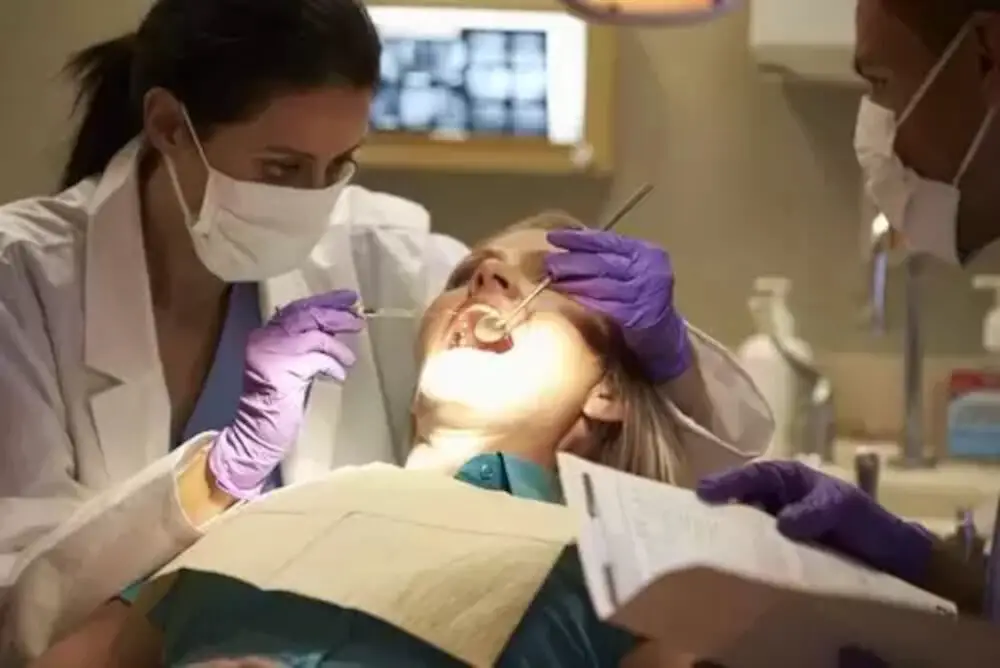
It’s important to see a dentist if you experience bleeding gums while brushing. Bleeding gums are often a sign of gum disease, which can lead to more serious dental problems if left untreated. A dentist can assess the severity of your gum disease and recommend the appropriate treatment options. They may also provide advice on how to improve your oral hygiene routine to prevent further bleeding. In addition to bleeding gums, there are other signs that indicate a visit to the dentist is necessary. These include persistent bad breath, loose teeth, and painful chewing. Ignoring these symptoms can lead to more serious dental problems, such as tooth loss or infection. Regular dental check-ups can ensure that any potential issues are spotted early and treated before they become more severe. Overall, it’s important to prioritize your dental health and seek professional care when necessary to maintain a healthy smile.
Bleeding gums while brushing or flossing could be a sign of a more serious underlying oral health issue such as gum disease, which is caused by a buildup of plaque and tartar that irritates the gums. Other potential causes of bleeding gums include vitamin deficiencies, hormonal changes, or certain medications. It is important to seek professional dental care if you experience bleeding gums, as untreated gum disease can lead to tooth loss and other complications. Regular dental cleanings and checkups can help prevent and detect gum disease early on, ensuring that your oral health remains in good condition.
Treatment Options
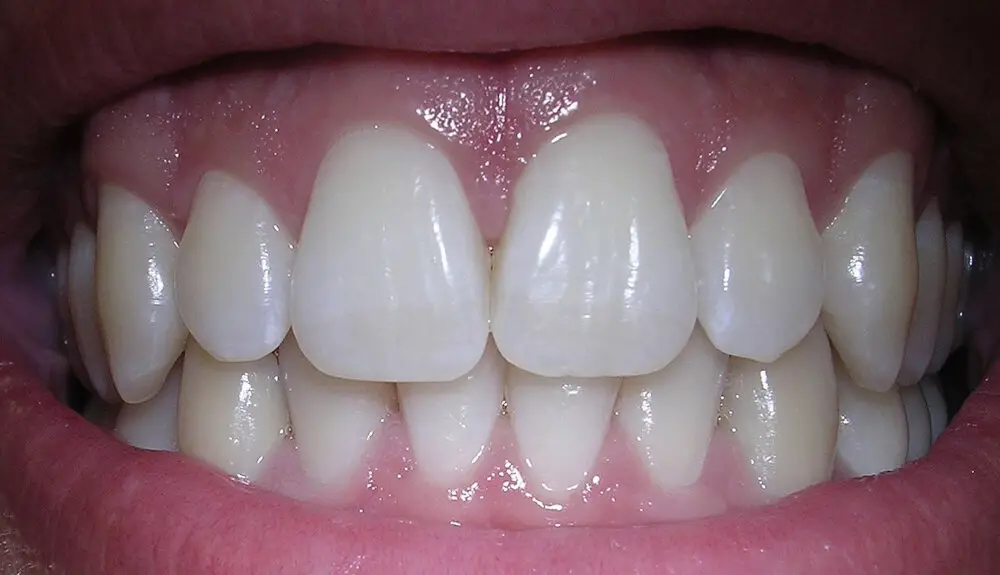
When it comes to treating bleeding gums, there are various options available. The first step is to visit your dentist to identify the underlying cause of the bleeding. In some cases, it may be due to gum disease, which requires professional treatment. Your dentist may recommend a deep cleaning procedure called scaling and root planing, which removes plaque and tartar buildup from below the gum line. They may also prescribe antibiotics to help fight any infection present in the gums. In severe cases, surgery may be necessary to repair damaged tissue and promote healing. Aside from professional treatment, there are also steps you can take at home to improve your oral hygiene and prevent bleeding gums. This includes brushing twice a day with a soft-bristled toothbrush, flossing daily, and using an antiseptic mouthwash to kill bacteria. It’s also important to avoid smoking and limit your intake of sugary and acidic foods and drinks. By following these recommendations, you can help prevent bleeding gums and maintain good oral health for years to come.
Professional teeth cleaning is an essential part of maintaining healthy teeth and gums. During the cleaning process, a dental hygienist removes plaque and tartar buildup that can lead to gum disease and other oral health issues. They use specialized tools to clean between the teeth and along the gumline, which can be difficult to reach with regular brushing and flossing. Professional cleanings can also help to remove surface stains and give you a brighter, healthier-looking smile. It is recommended that you get a professional cleaning at least twice a year, or more often if you have certain oral health conditions. By taking care of your teeth and gums with regular professional cleanings, you can prevent bleeding gums and other oral health issues from developing or progressing.
Gum disease treatment varies depending on the severity of the condition. Mild cases can be treated with improved oral hygiene practices such as brushing, flossing, and using an antiseptic mouthwash. A deep cleaning procedure called scaling and root planing can be done in more advanced cases where plaque and tartar have built up on the teeth and gums. In severe cases, surgery may be necessary to remove infected tissue and promote healing. It is important to seek treatment for gum disease as it can lead to tooth loss and other health complications. Maintaining good oral hygiene practices and regular dental checkups can prevent and detect gum disease early on.
Medication changes can be a potential cause of gum bleeding while brushing. Certain medications, such as blood thinners, can increase the risk of gum bleeding and make it harder for blood to clot. Other medications may cause dry mouth, which reduces saliva production and can lead to gum disease. If you are experiencing gum bleeding while brushing and have recently started taking a new medication, it is important to speak with your healthcare provider to determine if the medication could be causing the bleeding. Your provider may be able to adjust your medication or recommend additional steps to prevent gum bleeding.
Oral surgery is a specialized branch of dentistry that involves surgical procedures in the mouth and jaw areas. It is typically performed by an oral surgeon who has received additional training beyond dental school. Oral surgery may be necessary to treat a variety of conditions, such as impacted wisdom teeth, jaw misalignment, and oral infections. While oral surgery may seem intimidating, it is generally a safe and effective way to address serious dental issues. Patients should closely follow their oral surgeon’s instructions both before and after surgery to ensure a smooth recovery process.
Bleeding gums while brushing can be caused by a variety of factors, including gum disease, hormonal changes, vitamin deficiencies, and improper brushing techniques. To prevent this issue, maintaining good oral hygiene habits such as brushing twice a day and flossing regularly is essential. Using a soft-bristled toothbrush and brushing gently can also help to prevent bleeding gums. It’s important to seek professional dental care if bleeding persists or is accompanied by other symptoms such as pain or swelling. Regular dental check-ups can help to identify and address any underlying issues before they become more serious. Ultimately, maintaining good oral hygiene and seeking professional dental care when necessary can help to prevent bleeding gums and promote overall oral health.
Conclusion
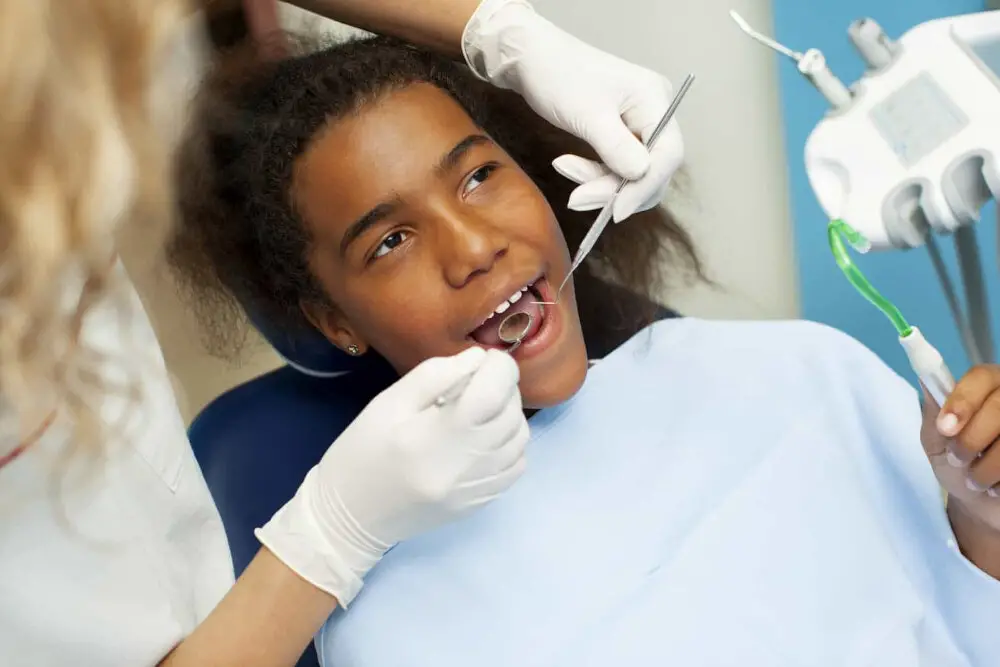
In conclusion, bleeding gums while brushing can be a sign of underlying dental problems such as gum disease or improper oral hygiene practices. It is important to identify the root cause of the bleeding and take appropriate measures to prevent it from happening in the future. Regular brushing and flossing, along with a balanced diet and regular dental check-ups, can help maintain good oral health and prevent bleeding gums. Ignoring bleeding gums can lead to more serious dental problems, so take action and seek professional help if necessary. Remember, prevention is always better than cure when it comes to oral health.

